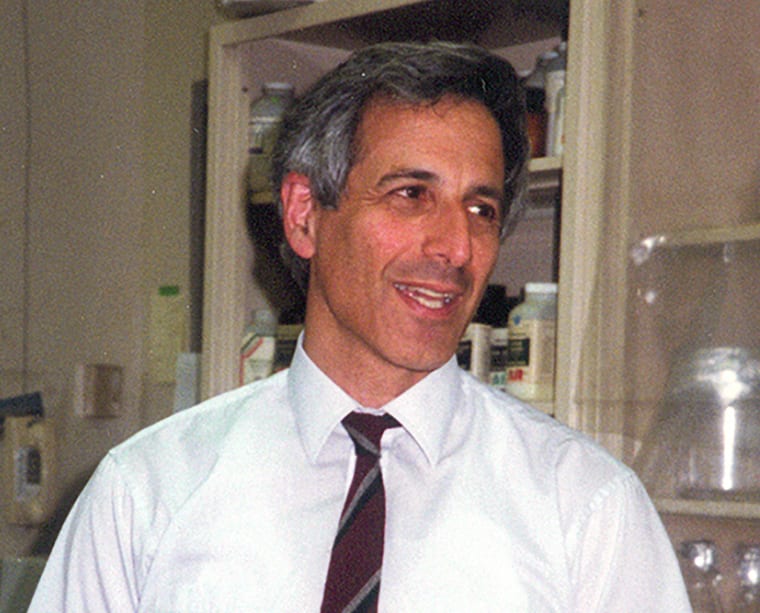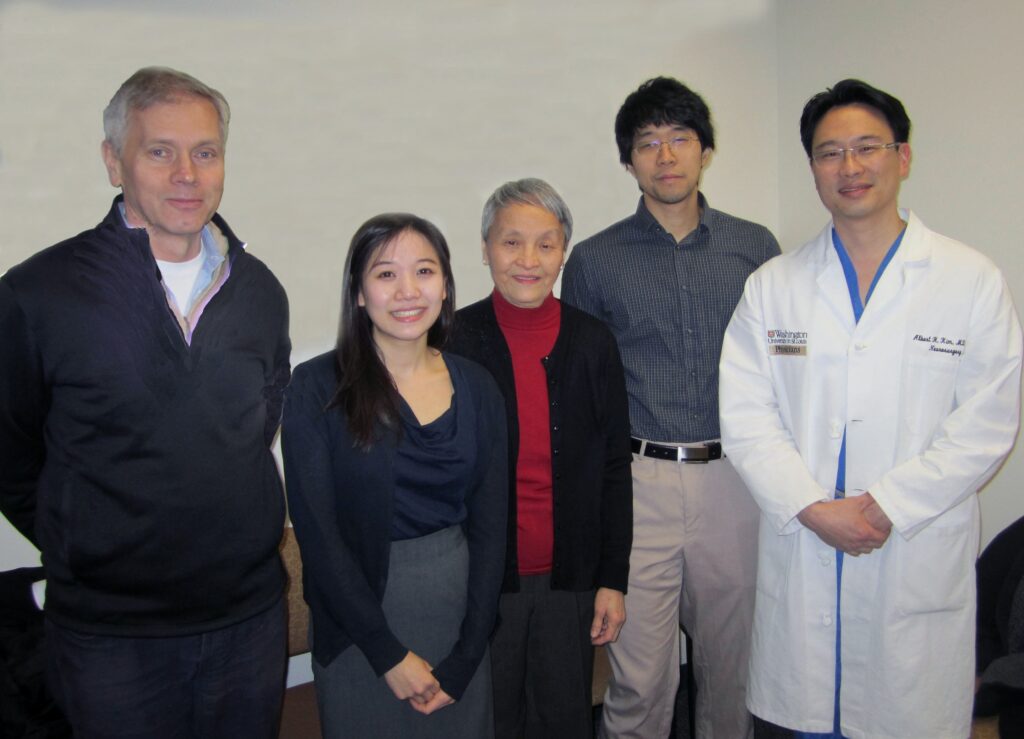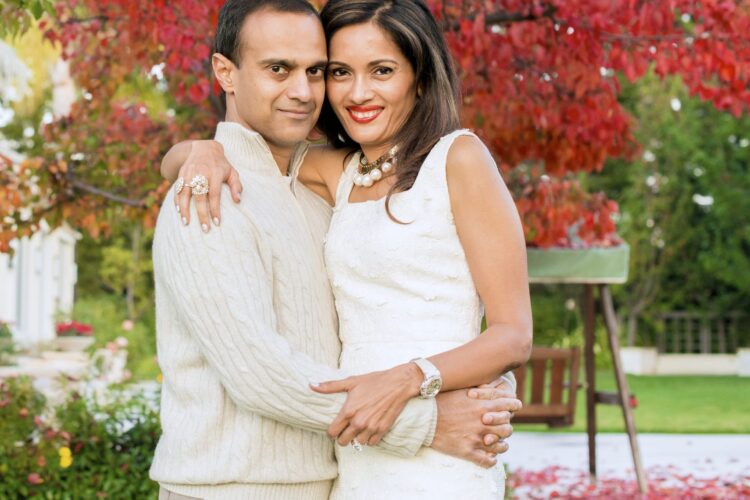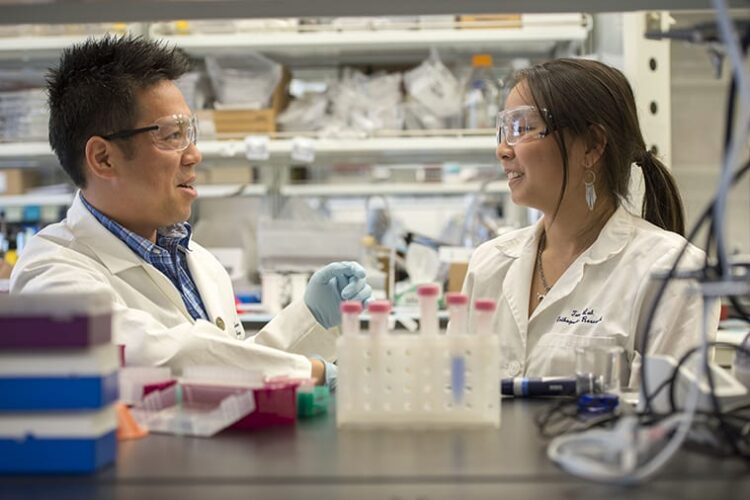
Washington University School of Medicine holds a special place in the life of Shirley Silbert, MD. She met her husband, David Silbert, MD, while both were interns at the school and Barnes Hospital in the early 1960s. David went on to serve as a faculty member in the Department of Biochemistry and Molecular Biophysics from 1968 until his death in 1997, conducting research and training hundreds of medical and graduate students.
To honor her husband’s contributions and their ties to the medical school, Shirley Silbert has made a commitment to establish the David F. and Shirley W. Silbert Professorship in Biochemistry and Molecular Biophysics. “David was dedicated to his research, to teaching, and to serving as a mentor to others,” says Dr. Silbert, a retired pathologist. “I’m pleased this gift will support future professors with the same devotion to their work.”

David Silbert came to Washington University in 1962 after earning his medical degree from Harvard Medical School. He and Shirley, a graduate of Stanford University School of Medicine, married while they were interns. After a brief stint in the Washington, D.C., area, where David served as a research associate at the National Institutes of Health, the couple returned to the university in 1966. David completed a postdoctoral fellowship with P. Roy Vagelos, MD, then head of the biochemistry department, and joined the faculty, while Shirley finished her residency. She went on to serve as a faculty member at Saint Louis University before joining the pathology department at St. Luke’s Hospital in Chesterfield, Missouri.
A thoughtful and innovative scientist, David pioneered the use of genetic methods to analyze the roles of cell membrane components, eventually focusing his studies on the function of lipids and lipid-processing enzymes involved in signal transduction. Beyond the lab, he developed and presented the biochemistry curriculum to medical students and helped train graduate and postdoctoral students. He was widely recognized as a generous and supportive colleague and teacher.
Heidi Rath Hope, PhD ’89, who performed her thesis research in David’s lab, describes him as her “science dad,” a professor who calmly and kindly guided her forward in her research and career. “He knew how to let you go just far enough before he stepped in to help,” she says. “He expected you to work hard, but he also encouraged you to be well-rounded and have a normal life.”
A reference from David played a key role in helping her land her first job as a senior research investigator with G.D. Searle. His example inspired her involvement in science outreach. “When you have great mentors like David, you feel a need to give back,” says Dr. Hope, now a member of the leadership team at St. Louis–based Confluence Discovery Technologies.
In honor of his contributions as an educator, the biochemistry department established the David F. Silbert Outstanding Teaching Assistant Award in 1996 to recognize graduate students who excel in teaching medical school courses. After his death, his wife, colleagues, and friends established the David F. Silbert Summer Fellowship, which provides stipends for medical students to conduct research projects.
“The fellowship has inspired many medical students to consider careers in research,” says John Cooper, MD, PhD, the Raymond H. Wittcoff Professor in Biological Chemistry and head of the Department of Biochemistry and Molecular Biophysics. “That’s particularly appropriate since David was a physician who dedicated himself to science.”
Dr. Cooper says the professorship created by Shirley will enhance his department’s ability to recruit and retain exceptional faculty members and support their research. It also recognizes the enduring relationship between Washington University and the Silbert family, including David and Shirley’s children: Seth, MD/PhD ’01, Judy, BFA ’88, and Jonathan, MD ’95, MA ’95. “They have been important members of the university community for many years,” Dr. Cooper says. “This professorship will preserve their legacy for generations to come.”


